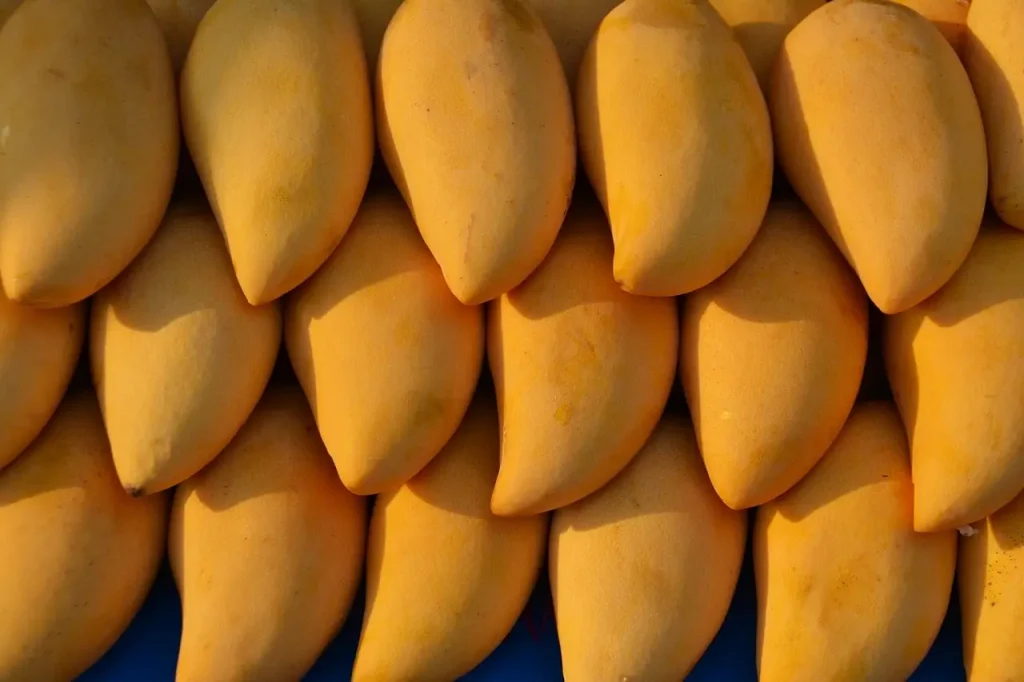In a landmark policy announcement aimed at improving the transparency and competitiveness of Pakistan’s agricultural exports, the Federal Board of Revenue (FBR) has officially revised and notified new customs export values for mangoes for the 2025 export season. This revision comes at a critical time when international trade compliance and fair valuation have become central to ensuring sustainable growth in Pakistan’s fresh produce exports.
Mangoes are among Pakistan’s most cherished and economically valuable fruit exports. Renowned globally for their taste, aroma, and quality, Pakistani mangoes have long held a dominant place in international fruit markets, especially across the Middle East, Europe, and Southeast Asia. However, inconsistencies in customs valuation, under-invoicing practices, and changing global price structures have posed challenges to fair trade, revenue collection, and exporter confidence.
To address these concerns, the FBR’s Directorate of Valuation, in coordination with the Ministry of Commerce, undertook a comprehensive valuation review of all mango products, including fresh mangoes, mango pulp, and dry mango slices. This strategic move culminated in the issuance of new customs export values for the ongoing season to ensure that all declared export shipments accurately reflect real market value, safeguard national revenues, and maintain trust with global importers.
As per the updated valuation:
- Fresh mangoes of all varieties are now to be valued at US $800 per metric ton.
- Mango pulp, which holds strong industrial and food processing demand, is set at US $1,000 per metric ton.
- Dry mangoes, typically processed and exported in sliced or powdered form, are now fixed at US $1,500 per metric ton.
These new customs export values are enforceable with immediate effect and apply to all shipments, regardless of destination. The updated values are intended to standardize the basis for calculating customs duties, taxes, and related export compliance documentation across all ports and customs stations in the country.
The revision process itself was extensive and data-driven. The FBR conducted broad consultations with major stakeholders from Pakistan’s fruit export industry. Exporters, trade associations, and valuation experts presented detailed market insights, export performance data, international pricing trends, and suggestions based on previous seasonal dynamics. Data analytics tools and export histories were used to triangulate a fair and enforceable set of values for each mango category.
The outcome is a valuation structure that is both realistic and conducive to stable trade operations. It aims to eliminate confusion and minimize disputes between exporters and customs officials at ports. It also helps prevent the longstanding issue of under-invoicing, where exporters declare artificially low values to reduce tax liabilities, which not only harms fair market competition but also results in substantial revenue losses for the state.
Moreover, exporters now have a clear, standardized reference for cost planning, freight agreements, insurance documentation, and final price settlements. This clarity supports exporters in negotiating confidently with international buyers, making Pakistan’s mango offerings more credible and consistent in competitive global markets.
This step is not just regulatory it is strategic. Pakistan’s broader goal of expanding its agricultural exports depends significantly on the efficiency and transparency of its customs and trade facilitation frameworks. With this valuation revision, the government reaffirms its commitment to aligning domestic export practices with international standards.
FBR officials have also indicated that these values will not remain static. Instead, a system of seasonal or quarterly reviews may be implemented to respond dynamically to changes in international pricing trends, shipping costs, and exchange rate fluctuations. This adaptive approach will ensure the country remains competitive without compromising on compliance and revenue goals.
The government’s intention behind this reform extends beyond compliance it is to rebuild confidence in Pakistan’s export ecosystem. It offers exporters a predictable business environment, discourages manipulative practices, and establishes Pakistan as a fair and reliable trading partner. This is especially critical for sustaining and growing exports in the face of increasingly vigilant global customs and regulatory frameworks.
Looking forward, stakeholders have expressed cautious optimism. While some exporters may need to adjust their documentation and pricing strategies, many acknowledge that the long-term benefits of clarity, fairness, and international acceptance far outweigh short-term procedural changes. The policy move could also open doors to premium markets where compliance and documentation are prerequisites for trade.
As Pakistan continues to evolve as a regional hub for fruit exports, the updated customs values for mangoes will play a pivotal role in defining the quality, credibility, and financial viability of its produce in global markets. It is a bold step towards formalizing and strengthening one of the country’s most iconic export commodities.



Comments (0)
No comments yet. Be the first to comment!
Leave a Comment